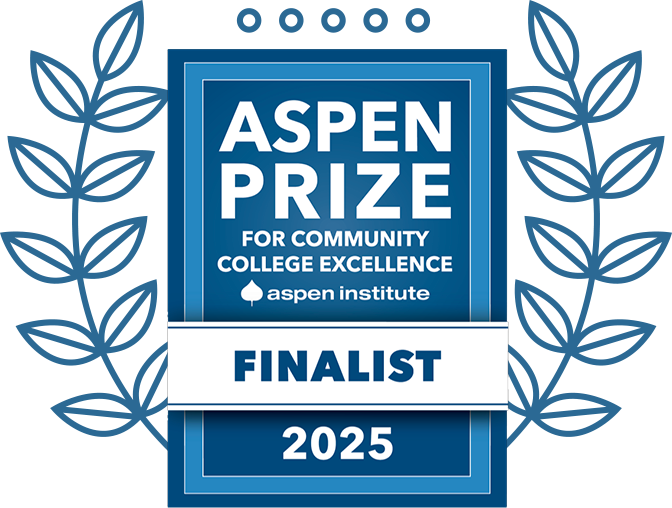Critical Thinking Skills
How to Think Critically
Thinking critically is something that is not easy, but it is essential to making good decisions. It is easier to think analytically, in a linear fashion like working with constants in a mathematical problem. Critical thinking requires thinking in a literary way that is much more non-linear. When you think critically about something you are analyzing and evaluating it with an end result of making an improvement. Following are some steps to take in your thinking process that will help you think more critically.
Something to Think About:
Apply the word WHY
A first step in thinking analytically about something is to use the word WHY. One aspect of thinking critically is to question every aspect of a topic, including the credibility of the source to your own opinions and conclusions. You need to raise clearly formulated vital questions, not just questions for the sake of argument.
Gather Information
Review the answers to those questions and gather information that is relevant to the topic. Interpret the information effectively, using it to clarify the problem or to add information to the ideas presented. Sift through the information to week out the pieces that do not contribute to the overall improvement or solution of the issue.
Draw Conclusions
Informed conclusions and solutions need to be tested and evaluated using relevant criteria. In other words, if your conclusions do not help with solving the issue, they are not relevant. When critically analyzing an issue or problem, the goal is to come up with a solution that will effectively solve the problem with few or no repercussions or without causing additional problems. How often have you heard the saying, “He/she didn’t think that one through.”?
Think with an Open Mind
Recognize alternative solutions, assess them and review what would happen if another choice was made. What are the assumptions, the implications, and practical consequences of doing it another way? Remember assumptions are not bad, but in order to validate an assumption, you must analyze it for relevance, currency, accuracy, and validity. If an assumption proves true based on the analysis, it can be used as a valid alternative solution.
Communicate Effectively
Solutions to complex problems can be obtained if everyone is in communication with each other on a steady basis. Once a decision has been made, make sure that everyone affected is notified, not only of the decision, but also of the reasons why the decision was made. Others will buy into a solution if they understand why it came about.
In Summary
Critical thinking is self-directed, self-disciplined, self-monitored, and self-corrective. No one can think critically for us. In order to overcome our own egocentrism, we need to learn to be effective problem solvers, communicate effectively, and show a commitment to the solution.


